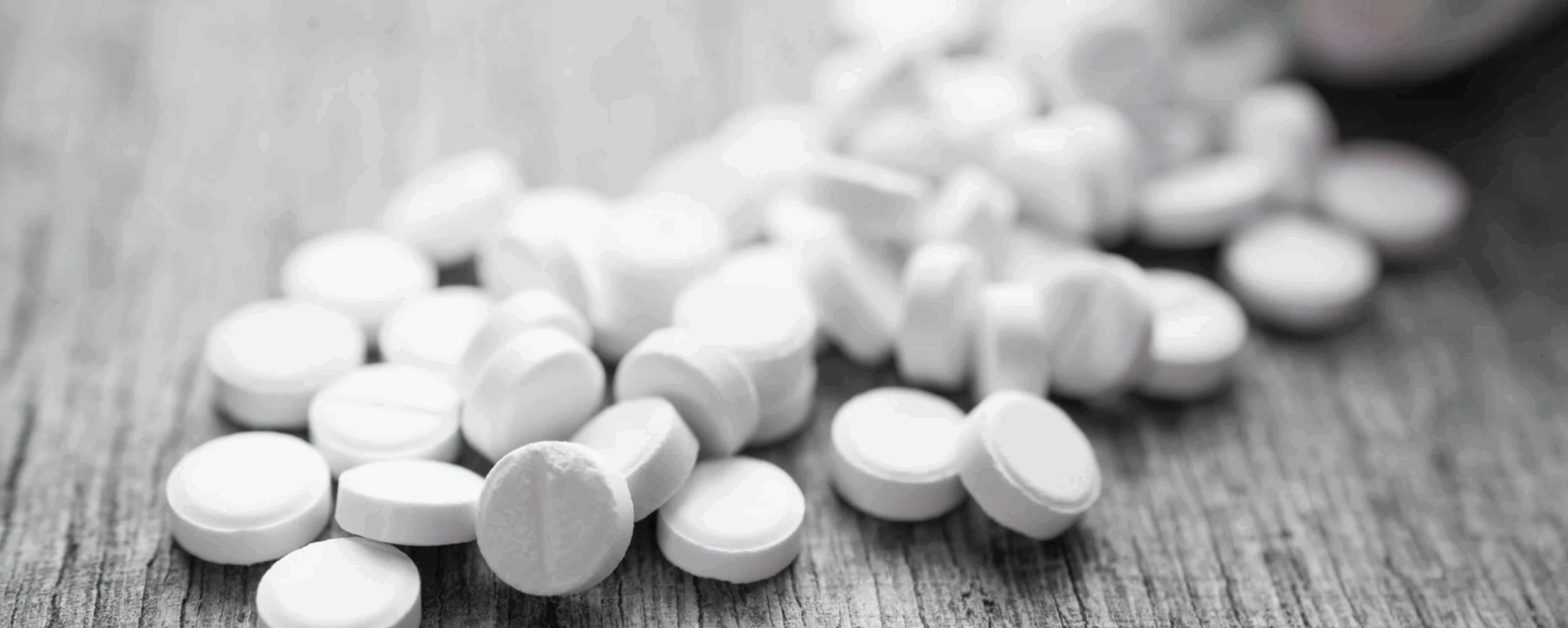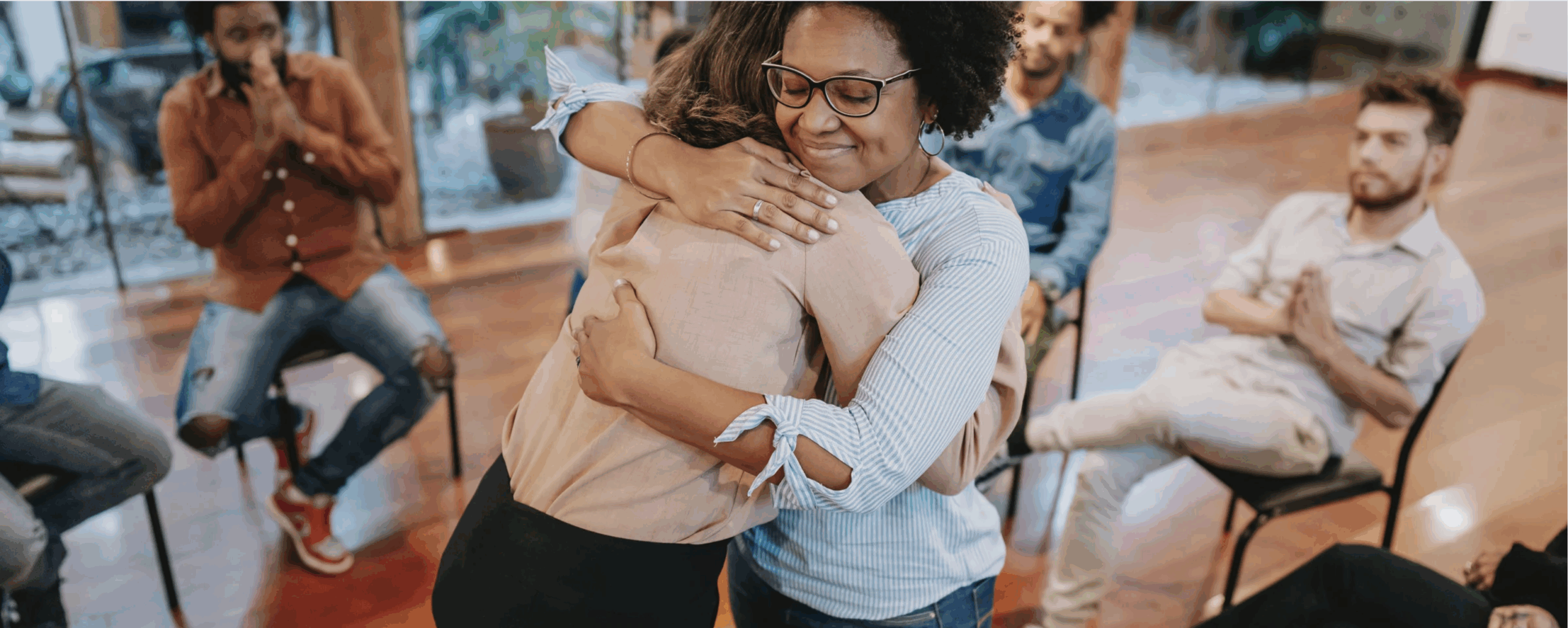Today, August 31, is International Overdose Awareness Day (IOAD). IOAD is dedicated to raising awareness about overdose and fighting addiction stigmas, as well as remembering loved ones who have passed away from overdose or suffered permanent injury. The event was initiated in 2001 and has been coordinated by the Penington Institute, a non-profit public health organization in Australia, since 2012. Almost 500 IOAD events took place across the globe last year.
The goals of IOAD, as published on the event’s website:
- To give those who have lost loved ones to drug overdose a safe environment to publicly mourn, without guilt or shame
- To encourage universal participation in an all-inclusive way
- To educate communities about non-fatal and fatal overdose
- To reassure those with a drug addiction that they are strongly valued
- To encourage the exchange of ideas on overdose prevention and drug policy
- To provide information on support services available to those who need them
- To prevent and reduce overdose and drug-related harm through the support of evidence-backed policy and practice
- To inform the global public of overdose risk
Why we need to spread awareness
Overdose has become much too frequent in recent years, with the U.S. opioid crisis alone taking over 115 lives each day (Centers for Disease Control and Prevention). There were 72,000 drug overdose deaths in 2017, according to preliminary data from the CDC. Deaths involving synthetic opioids totaled over 29,000 and far outpaced opioid-related deaths; this segment also experienced the sharpest increase in overdoses. The increase can be attributed to fentanyl- and fentanyl analog-related deaths, numbering nearly 30,000. Heroin overdoses, which make up the second largest percentage of overdose deaths, numbered almost 16,000.
The United Nations Office on Drugs and Crime (UNODC)’s 2017 World Drug Report estimated that almost 191,000 deaths around the world are caused by drugs.
The role of opioids. The rise of the opioid death toll can be linked to the changing drug supply— opioids are being cut with deadly synthetic fentanyl and fentanyl is being sold as opioids— and the number of Americans using opioids. Opioids are very addictive drugs that bind to the brain’s opioid receptors to release chemicals such as dopamine. The flood of dopamine induces euphoria (the “high”) and rewires the brain’s physical structure to induce tolerance and, ultimately, dependence.
Part of the physiological basis of addiction, dependence is why repeat drug users eventually require higher and more regular doses to produce the desired effect.
How can you spread awareness?
Find/list an IOAD event near you. Visit IOAD’s website to find a local event to attend or to list an event that you’ve organized.
Wear your support. Spread awareness and show your support by wearing purple or silver on August 31.
Fight stigmas. Addiction stigmas can discourage people from seeking treatment or keep them from realizing that they have a drug problem.
What should you do in the event of overdose?
Seek emergency help if you believe that someone has overdosed or if they appear to be overdosing.
Signs of overdose:
- Unconsciousness
- Seizures
- Severe headache
- Pain in chesst
- Difficulty breathing
- Paranoia, agitation, or confusion
- Snoring, with or without gurgling
Snoring may indicate that someone is having difficulty breathing, and you should immediately attempt to wake them up. If they do not wake up, seek help immediately.
Narcan can be purchased without a prescription at most CVS and Walgreen’s pharmacies and is used to reverse opioid overdose.
To learn more about International Overdose Awareness Day or to find/list an event in your area, visit the event’s website.
Help with addiction
At Royal Life Centers at Puget Sound, we are dedicated to spreading awareness and breaking down addiction stigmas. Our programs and addiction specialists give guests the support that they need to take their first steps toward sobriety. The structured, but renewing, environment at our medical detox and residential facility provides a place for recovery to begin.
We treat dependence on alcohol, cocaine, methamphetamine, opioids, and benzodiazepines. If you or a loved one has an opioid use use disorder, or any drug use disorder, and please reach out to us today. Our admissions staff is available 24/7 at (877)-RECOVER to provide support and answer any questions that you may have about our programs.






